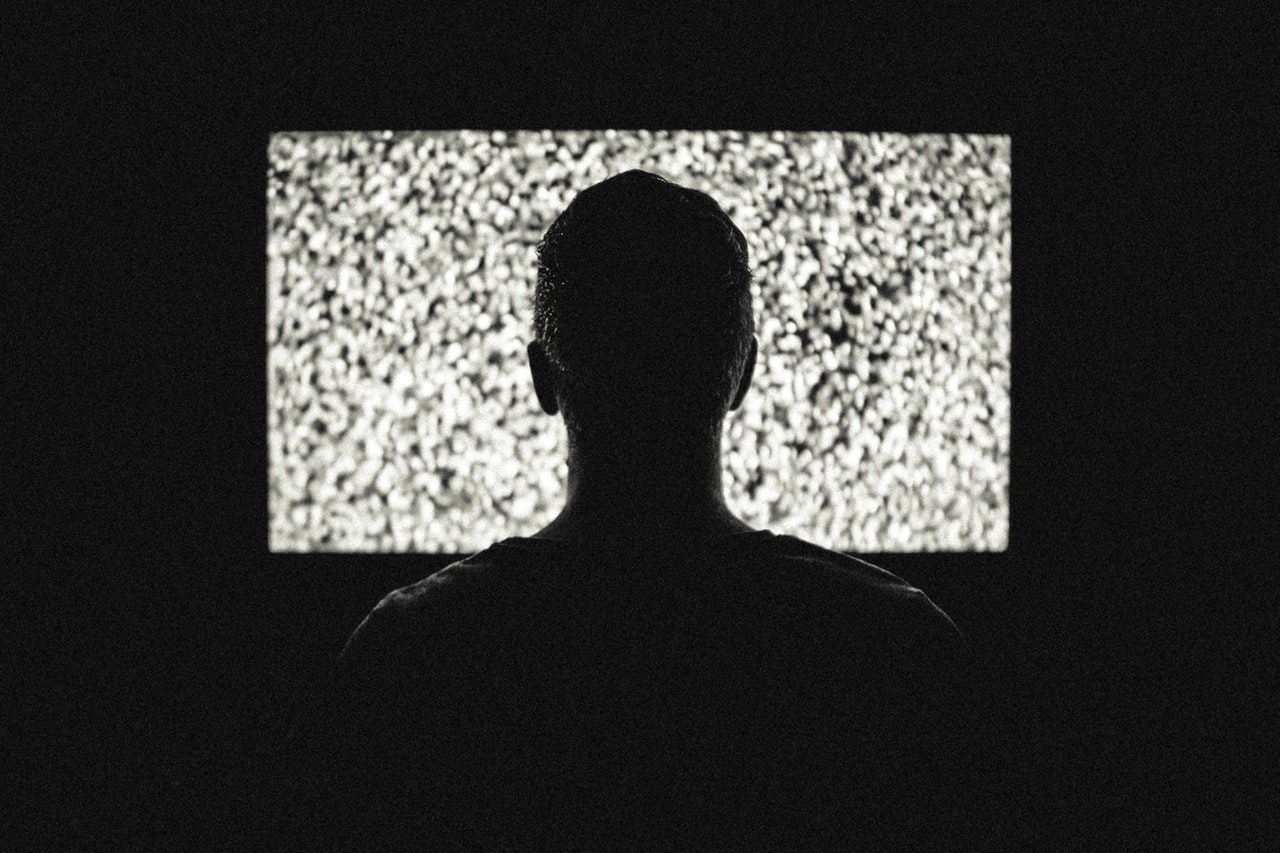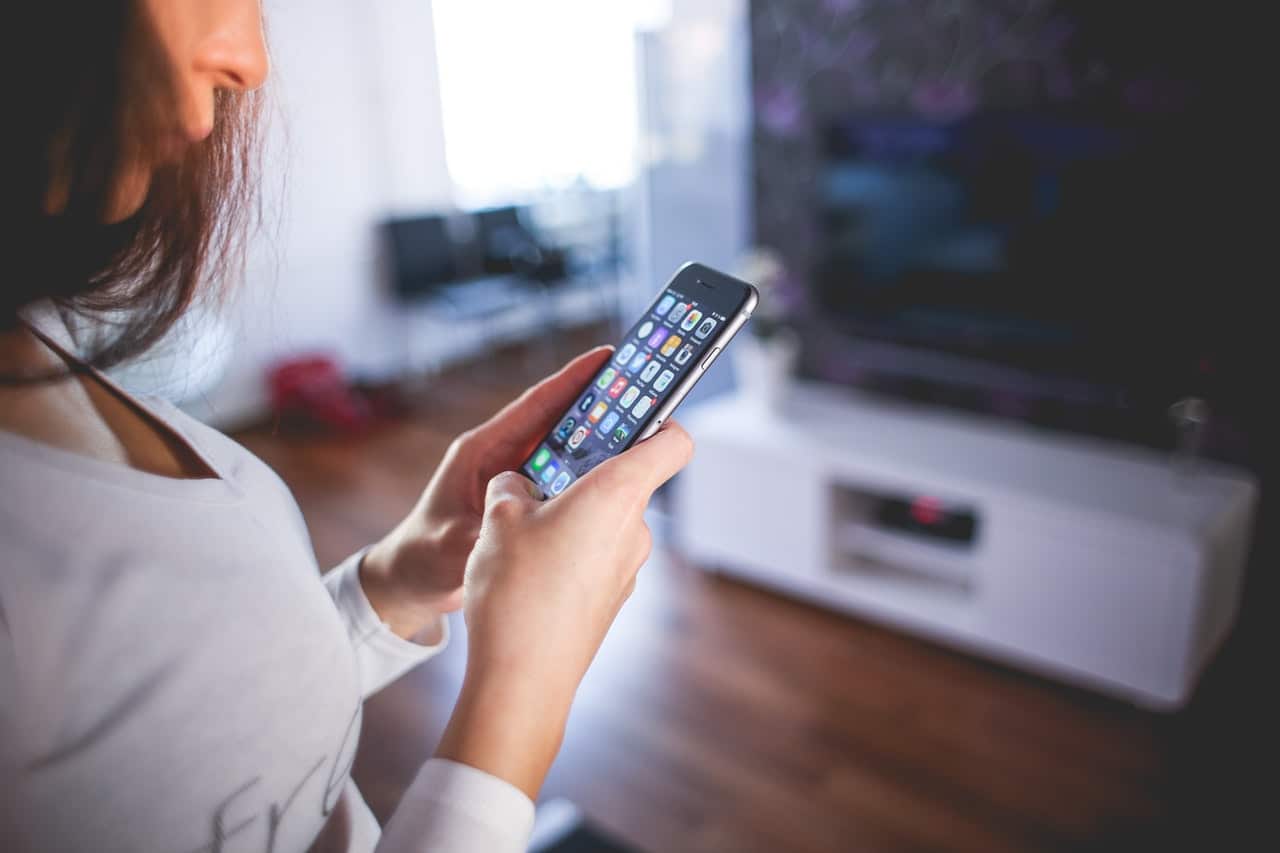Smart homes or, a more technical labeling, connected home technologies with smart features have brought a new level of convenience to homes across the nation. However, with every added feature there are new security vulnerabilities that need to be considered. Houses may be getting smarter, but they’re also getting less safer.
From the surveillance camera at the door to the connected wifi speakers in the bedroom, here are the security vulnerabilities you need to be aware of when creating a smart home and adding security services to it.
1. Hacked Thermostats
Controlling the indoor temperature with a smart thermostat is a clever way to keep your house cozy while cutting down on heating bills. However, most of the mainstream thermostats on the market today are vulnerable to hackers. Hackers gathered at a professional conference recently tried to hack and manipulate the Nest thermostat offered by Google. It took them less than 15 seconds to break in and manipulate the device. Look out for added security features when picking an automated thermostat for your new smart home.
IMAGE: PEXELS
2. Your TV Is Watching You
Smart TVs were considered innocuous until a recent Wikileaks revealed how the most popular Samsung models could be hacked to listen and record people around the device. The microphone can be hacked even when the device is turned off and the only way to protect yourself is to block out the built-in camera and unplug the device when not in use. The only other way to make sure you’re not spied on is to buy an increasingly rare regular TV.
3. Vulnerable Security Systems
Even sophisticated security systems in smart homes could backfire if they’re not adequately protected from intruders. Smart surveillance and alarm systems are rendered useless if a hacker can simply log into the device remotely and disable the whole system. Nevertheless, a security system is absolutely necessary for your house. Pick one that’s been vigorously tested and encrypted to ensure security features don’t fail you when you need them most.
4. Leaked Communications
Built-in communication devices in smart homes, like a smart speaker or digital assistants like Siri and Amazon Echo, can make it much easier for you to place a call without having to reach for a phone. However, these communication systems can also make your private conversations vulnerable to eavesdropping. Most mainstream communication systems have at least some level of encryption, but make sure you’ve not shared sensitive private information like passwords or home security keys over these often insecure lines.
5. Lighting Pranks
The least vulnerable part of the house is the smart lighting system built in. A hacker may be able to remotely take control of these systems and mess with the lights. However, even the most innocent prank can go horribly wrong if the wrong lights are shut off at an unfortunate time. Pick smart lighting from a leading brand that can assure security and a closed system.
Smart homes are, no doubt, the future. However, homeowners need to make sure they don’t compromise on security for the added convenience.
For more technology-related articles and information from us here at Bit Rebels, click here!


COMMENTS